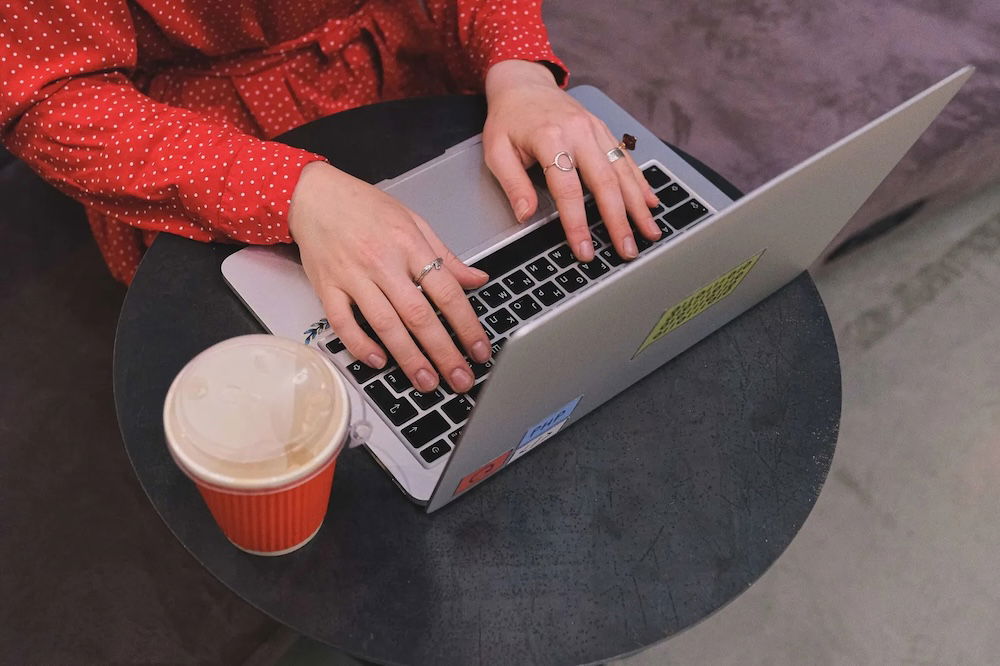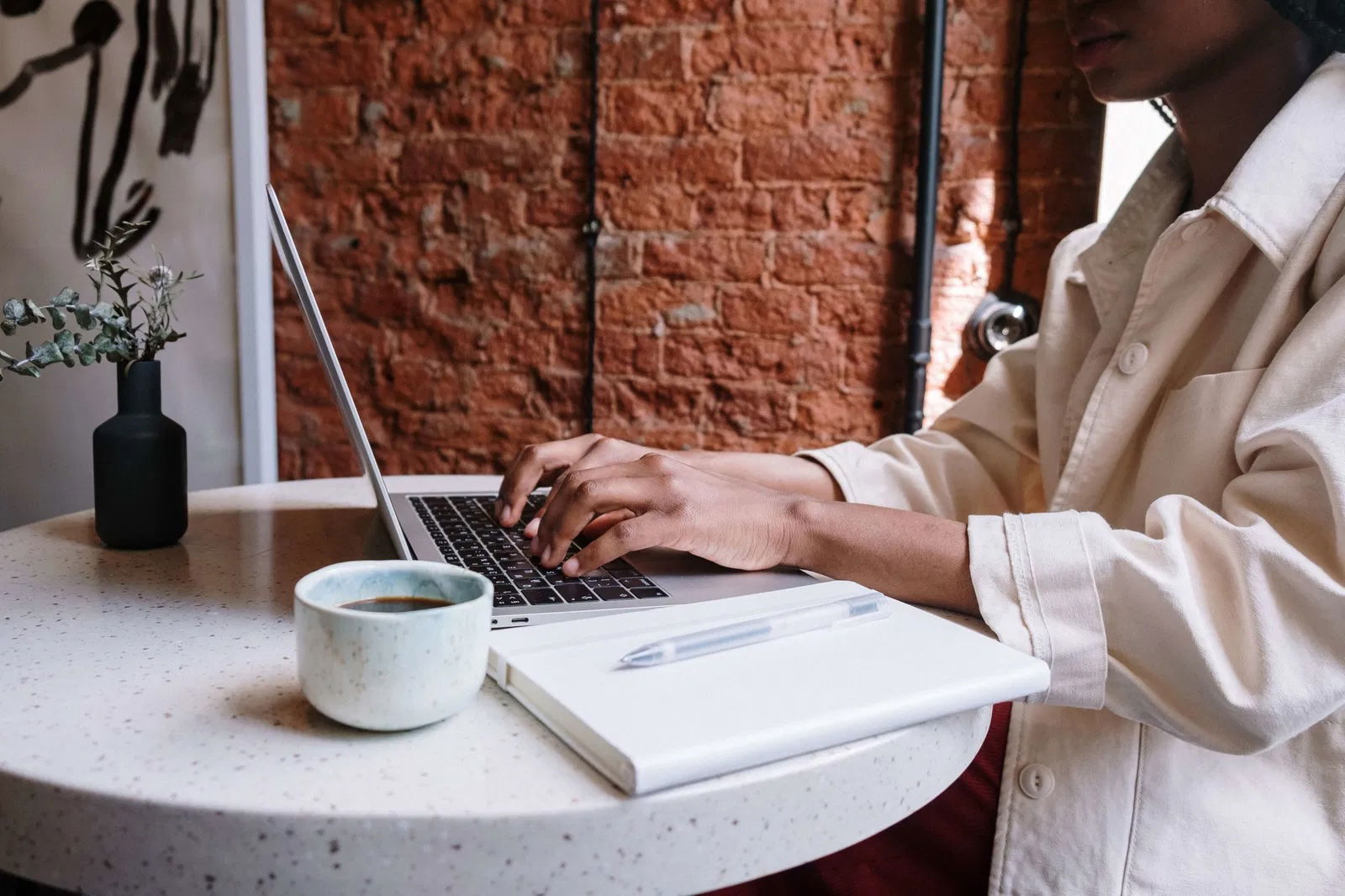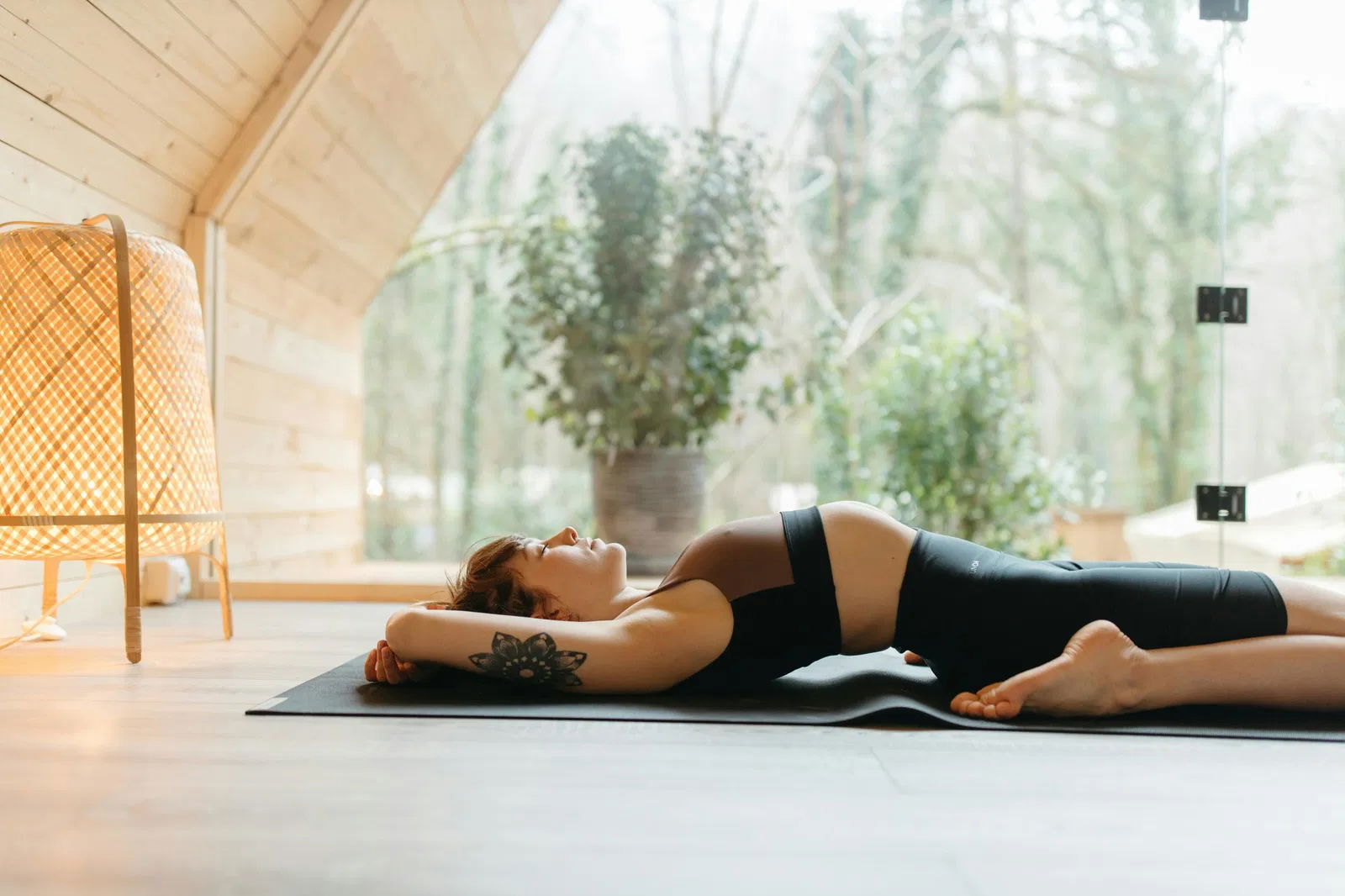Stress at work is common, normal and unavoidable. But that doesn't mean it has to affect your well-being in a negative way. There are tremendous ways to better cope with work stress - even if you feel like you've totally lost control. Taking small breaks during the workday (also called micro-breaks ) helps you reduce work stress in a conscious way. Here we tell you what research says about taking micropauses and how you yourself can use micropauses at work to work better and more productively.
Reduce work stress with micro breaks

What is a micropause?
A micropause is a short break of 2 to 10 minutes. You deliberately interrupt your work tasks and step away from your screen for a moment. And while you may not expect a break of a few minutes to be useful, taking micropauses is essential if you want to work well and productively.
You can compare a micro-break to tending your (mental) garden. Just as plants need a sip of water every day to flourish, your mind needs regular rest to work well. Just because you watered your garden yesterday doesn't mean it doesn't need water today. The same principle applies to your mind: your brain needs enough rest each day to function properly. Regardless of how much you rested the previous day. If you don't take regular (short) breaks, you won't be able to think clearly.
Why should I take micro-breaks at work?
Simply put: your brain works better when you take breaks. Working all day in a row may seem productive, but research has shown that we work more productively when we take regular breaks. The benefits of micro-breaks are:
- Reduced stress
- Increased productivity and focus
- Increased motivation
- A greater sense of happiness in general
How often should you take a break while working?
Everyone is different. So what works for someone else may not necessarily work for you. In general, micro-breaks are intended to allow your brain to rest, so that you can then think clearly again. Maybe you need a short 3-minute break regularly for this. Or maybe a longer 10-minute break works better for you. This is for you to discover.
The purpose of a micro-break is to give your brain time to process all the information that has come in. Therefore, avoid things like reading the news or scrolling through social media - this only creates new stimuli. Instead, choose activities that energize you. This will help you relax, recharge and reduce the risk of burnout symptoms.
A micro-break can look like the following:
- Getting a cup of coffee. Get yourself a cappuccino, latte or other beverage of your choice and drink it with mindfulness. Turn your coffee moment into a mindfulness moment.
- Stretching. Stand up, tiptoe, reach your arms up and make your body as long as possible. Doing a few simple stretches reduces tension in your body and can reduce tension headaches.
- Watering plants. Taking care of plants has a calming effect. Don't forget to give yourself plenty of water, too.
- Listening to a guided meditation. A guided meditation can help if you have trouble quieting your mind. In a guided meditation, a voice guides you through the meditation, which makes it easier to focus on your breathing. This helps you calm down faster.
- Taking a shower. Showering not only has benefits for your physical health - a cold shower gives you energy and a hot shower is relaxing - it also clears your head and boosts your creativity. They don't say for nothing that the best ideas happen in the shower.
Is taking a shower or leaving your workplace not an option for you? In this case, remember that a small break is always better than no break. Don't have time to meditate for 10 minutes? Close your eyes and take three deep breaths. Conscious breathing calms your body and mind and brings your attention back to the here and now.
How much break at 8 hours of work?
You may be wondering how often you should take a break while working. Unfortunately, there is no magic number for this. Above all, check with yourself how you feel during the day. Can you focus on your tasks and feel energized?
Have you been staring at your screen for minutes and nothing comes out of your hands? Then it's a good idea to take a (micro) break. For example, take a 5-minute break every hour.
Written by:




















